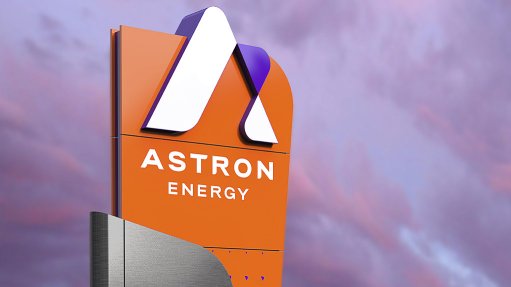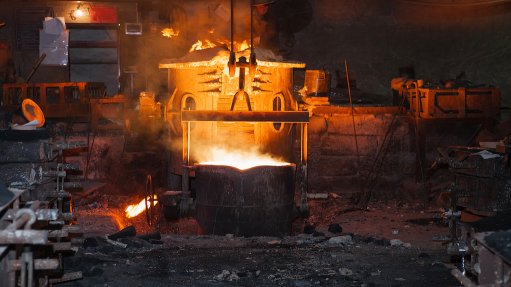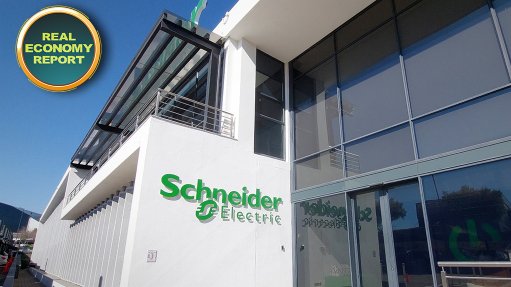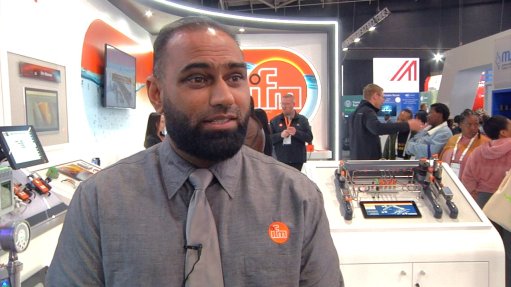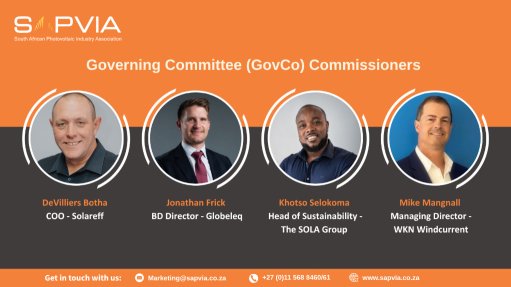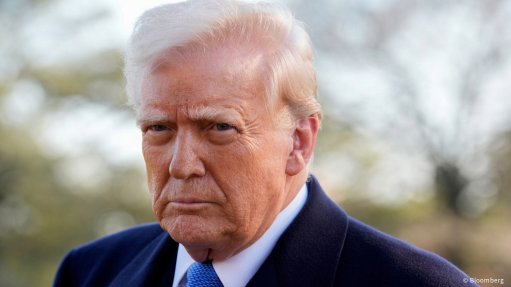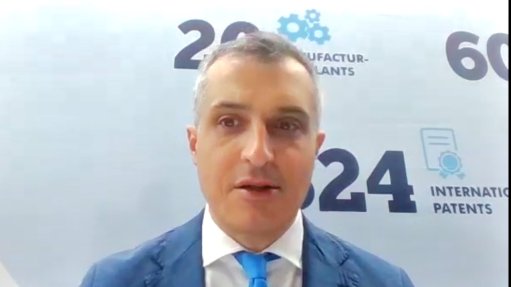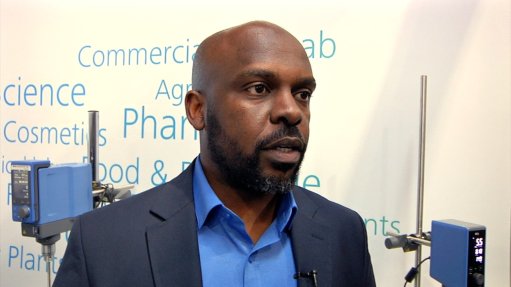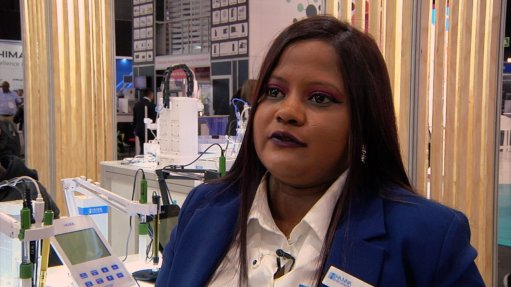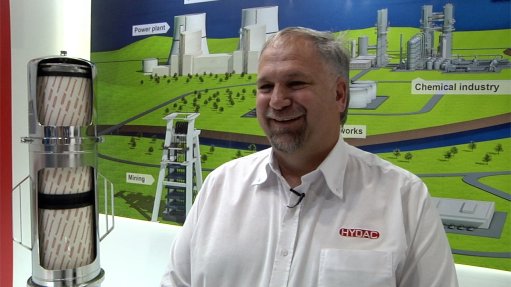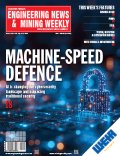Africa in position to further global nuclear nonproliferation, but competing interests hamper efforts
Africa can further the pursuit of global nuclear nonproliferation, but competing interests and objectives are hampering efforts to drive this goal on the international stage.
University of South Africa Department of Political Science professor Jo-Ansie van Wyk noted during a June 23 webinar that large nuclear-armed countries, like the US and Russia, have decreased their arsenal of nuclear weapons, but continue to modernise their arsenals.
On the other hand, countries predominantly outside of the Nuclear Non-Proliferation Treaty (NPT), including China, India, Pakistan and North Korea, have been increasing the sizes of their nuclear arsenals.
"There is still a need, in the estimates of some countries, to have nuclear weapons, but it is worrisome that those that have increased their arsenals are predominantly outside the current nuclear regime, and not subjected to verification."
Also worrying is that the US and Russia have also withdrawn from the NPT.
Further, the development of nuclear weapons by other States is taking place outside the NPT. The countries are also not signatories to the milestone Treaty on the Prohibition of Nuclear Weapons (Ban Treaty) that was signed in 2020 and which entered into force in January, Van Wyk pointed out.
The significance of these international treaty developments is that a world free of nuclear weapons can be achieved through consistent action and a new narrative.
The role of small non-nuclear weapon States and the role of global civil society can contribute to a shift in the narrative in anti-nuclear weapons activism that banning the bomb is an international humanitarian initiative, she stated.
She noted that smaller States can influence a significant shift in the nuclear weapons agenda by casting them as having a permanent humanitarian impact and by removing funding that can be used to achieve the United Nations Sustainable Development Goals (SDGs).
"African States, most notably Egypt, Nigeria and South Africa, have been involved in the process [of nonproliferation and disarmament] from the beginning.
"African States are, importantly, involved in maintaining their historical common position on nuclear abolition and complete disarmament at a global level and, ideally, for nuclear technologies being used for peaceful purposes to achieve the African developmental agenda," said Van Wyk.
Meanwhile, public policy think tank the South African Institute of International Affairs (SAIIA) Africa governance and diplomacy researcher Isabel Bosman said a credible, robust nuclear nonproliferation regime was essential to facilitate the peaceful use of nuclear energy.
Without the safe and secure handling of nuclear material, plants, reactors and waste disposal, Africa’s ability to use nuclear technology for its developmental objectives in Agenda 2063 and the SDGs is compromised, she noted.
Key issues identified under the SAIIA Atoms for Development programme, which is funded by the Norwegian Ministry of Foreign Affairs, include that nuclear technology can make a significant contribution to socioeconomic development and attaining the SDGs in Africa.
"Many African States are working with international institutions and other countries to develop peaceful nuclear programmes. Africa and the world are reassessing the energy sector and the changes in the ways electricity is generated to meet increasing demand and fill the gap presented by shortages.
"Seventeen African States are considering nuclear power for electricity generation," she pointed out.
Comments
Announcements
What's On
Subscribe to improve your user experience...
Option 1 (equivalent of R125 a month):
Receive a weekly copy of Creamer Media's Engineering News & Mining Weekly magazine
(print copy for those in South Africa and e-magazine for those outside of South Africa)
Receive daily email newsletters
Access to full search results
Access archive of magazine back copies
Access to Projects in Progress
Access to ONE Research Report of your choice in PDF format
Option 2 (equivalent of R375 a month):
All benefits from Option 1
PLUS
Access to Creamer Media's Research Channel Africa for ALL Research Reports, in PDF format, on various industrial and mining sectors
including Electricity; Water; Energy Transition; Hydrogen; Roads, Rail and Ports; Coal; Gold; Platinum; Battery Metals; etc.
Already a subscriber?
Forgotten your password?
Receive weekly copy of Creamer Media's Engineering News & Mining Weekly magazine (print copy for those in South Africa and e-magazine for those outside of South Africa)
➕
Recieve daily email newsletters
➕
Access to full search results
➕
Access archive of magazine back copies
➕
Access to Projects in Progress
➕
Access to ONE Research Report of your choice in PDF format
RESEARCH CHANNEL AFRICA
R4500 (equivalent of R375 a month)
SUBSCRIBEAll benefits from Option 1
➕
Access to Creamer Media's Research Channel Africa for ALL Research Reports on various industrial and mining sectors, in PDF format, including on:
Electricity
➕
Water
➕
Energy Transition
➕
Hydrogen
➕
Roads, Rail and Ports
➕
Coal
➕
Gold
➕
Platinum
➕
Battery Metals
➕
etc.
Receive all benefits from Option 1 or Option 2 delivered to numerous people at your company
➕
Multiple User names and Passwords for simultaneous log-ins
➕
Intranet integration access to all in your organisation






